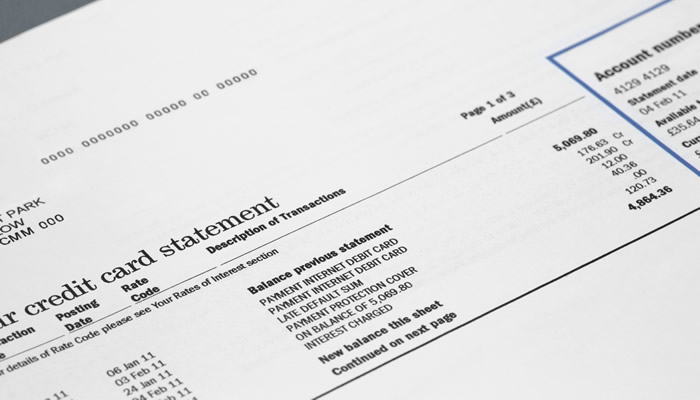
Last week, credit card giants, MasterCard and Visa, finally came to an agreement to cap interchange fees. The announcement is a major win for small businesses, who have been very vocal about high credit card fees. Although credit card fees will be capped at 1.5 per cent over the next five years, the deal falls short of a 10 per cent reduction across the board. Let’s take a look at whether small businesses believe lower fees will help their bottom line and lead to lower prices for consumers.
Interchange Fees to be Capped at 1.5%
Here’s a recap of last week’s announcement of a voluntary reduction in interchange fees: MasterCard and Visa have voluntarily agreed to hold credit card interchange fees at 1.5 per cent for the next five years. Interchange fees will be lowered no later than April of 2015, and will be verified each year by an independent third party to ensure credit card companies and the big banks are delivering on their promise.
The federal government has heralded lower fees as a major win for consumers and small businesses. Federal Finance Minister Joe Oliver is welcoming the change with open arms. “As a result of the voluntary proposals, there is no need for the Government to regulate the interchange rates set by the credit card networks,” said Mr. Oliver . He added that lower costs for merchants “should ultimately result in lower prices for consumers.”
Small Businesses Have Their Say
The Globe and Mail took to the streets to see what small businesses owners had to say about lower interchange fees.
Christy McMullen, whose family owns two grocery stores in Toronto, said the move means “hardly anything.” “Everything we get we’ll try to pass on … but it will be pretty difficult for the consumer to see it,” she said. With about half of her customers using MasterCard or Visa, she says interchange fees are felt on the bottom line. She pointed out customers who use credit cards cost her four to five times more than those who pay with debit.
Industry Groups Weigh In
Although lower interchange fees are good news for small businesses, many industry groups say the agreement is either inadequate or will have a limited impact.
The Small Business Matters Coalition, which looks out for the interests of about 90,000 small businesses, said its members are disappointed. “We need to bear in mind that several other countries have supported their small businesses by regulating a capped rate that is much lower than that announced today by the Canadian government,” said Gary Sands, chair of the coalition.
The Canadian Federation of Independent Businesses (CFIB) supported the move to lower interchange fees. The group said lower fees should help small businesses keep prices down for consumers.
Industry groups aren’t the only ones to weight in. Liberal senator Pierrette Ringuette said the move to lower interchange fees was “practically meaningless,” pointing out fees for retailers have jumped by an estimated 25 per cent over the past two years. “Setting a reasonable limit on acceptance fees, such as 0.5 per cent as in Australia and 0.3 per cent as in Europe would mean lower prices for consumers and family budgets will go further,” she said.
Will customers see lower prices as a result of lower interchange fees? That’s the million dollar question. If retailers are expected to pass on the savings from lower fees, it will have “no positive financial impact” on their bottom line, said Peter Sklar, analyst at BMO Nesbitt Burns.
The Bottom Line
While this is a good first step, there is still much work that needs to be done. The Competition Bureau has long-argued that credit card costs are often unfairly passed on to consumers who pay by cash. This lingering issue has yet to be resolved by the federal government.
It’s important to point out small businesses could still be hit with high credit card fees. Since the agreement doesn’t include a hard cap, credit card companies can still continue to charge fees as high as 4 per cent on premium cards and offset it with lower fee cards on other credit cards.




